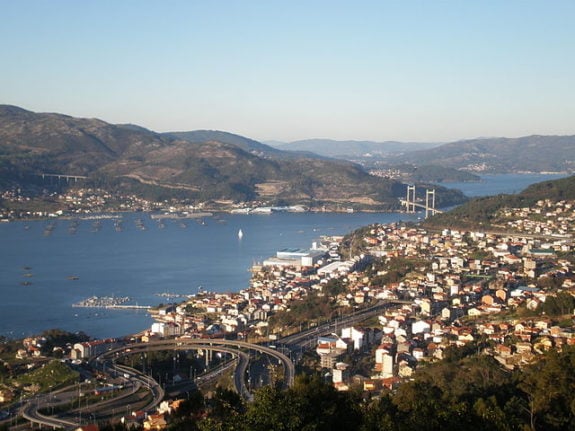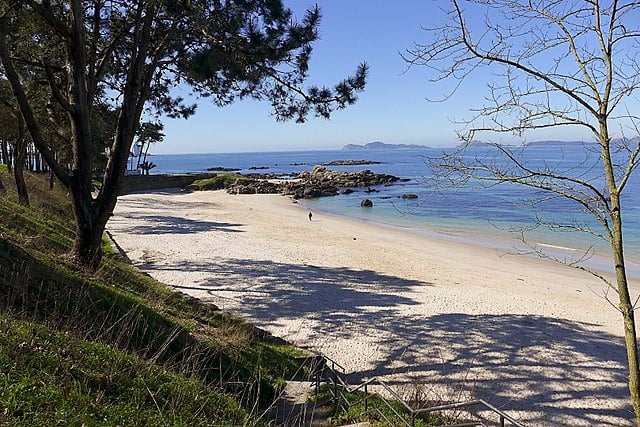On May 21st, Beatriz Martínez Figueroa began a hunger strike in the Galician city of Vigo.
This 47-year-old who goes by the name of Bea, but prefers Beatriz, is protesting against conditions for people in Spain who, like her, find themselves in "extreme situations".
"They are changing the laws to make it a lot harder for people," she told Spanish news agency Europa Press in a recent interview.
Figueroa's situation is certainly extreme. She was diagnosed with cancer in 2011 and is currently making do with €426 a month in benefits.
Her financial position is made even more difficult because of new rules which mean she has to pay a flat rate of 40 percent for the cost of all her medicines.
In late May, Figueroa was waiting for new payments to start. She said she was expecting 6 months of cover but didn't know what would happen after that.
In desperation, therefore, Figueroa recently began her hunger strike, a move which she described to Spain’s El País newspaper as an "extreme measure".
"How can we have laws that mean a person with a serious condition like cancer receives only €426 euros a month, and this despite having paid into the system for 20 years?" she said to the newspaper.
She told Europa Press that her appeal against the low level of benefits she received was "humiliating" with the authorities arguing that the amount of money she received was "adequate to cover her food, clothing and housing costs".
"It's insulting," she said.
She also explained to Europa Press that her low level of benefits was a result of the "mere fact" that she was receiving unemployment benefits at the time she was diagnosed with her cancer.
"The unemployed are numbers, not human beings with a life of their own," Figueroa told Europa Press.
Her protest started outside the unemployment office in Navía, near Vigo. She spent several days there but described the experience as a “total disaster”. It was a case of "each to their own".
She told Europa Press she was now moving location and hoped to find a more receptive public.
Speaking about what she hoped to achieve with her protest, Figueroa said she wanted people to think about the issues, and added she had "nothing to lose". However, she remained pessimistic, saying she didn't think the authorities would do anything.
She is positive though, about the way her website had drawn attention to her plight and says she has received plenty of visits to the site.
Figueroa studied law at the University of Santiago but didn't complete her studies there. However, she eventually finished a law degree at the UNED (long distance learning).
She spent a period working on the phones at the Galicia-based newspaper Diario 16 but in an ideal world, she says, she would be a language and literature teacher. She’d also like to live somewhere warm in South America.
She grew up in Vigo and says on her website: "I would sell my soul to the devil for some good seafood".
She has been very involved in social causes including gypsy integration into wider society and promoting literacy for this group.
In May 2010, Figueroa fell ill and she was then diagnosed with cancer in March 2011. In April 2011, she was denied disability benefits.
"Not even the officer in charge of my case could get her head around the injustice of the situation," she wrote on her website.
Also on her website, this life-long resident of Vigo describes how in her local unemployment office she saw a sign which read: "For complaints, arrange an appointment in advance".
For her, this absurd sign sums up much of what is wrong with Spain’s social security system.
Editor's Note:The Local's Spanish Face of the Week is someone in the news who – for good or ill – has revealed something interesting about the country. Being selected as Spanish Face of the Week is not necessarily an endorsement.




 Please whitelist us to continue reading.
Please whitelist us to continue reading.
Member comments